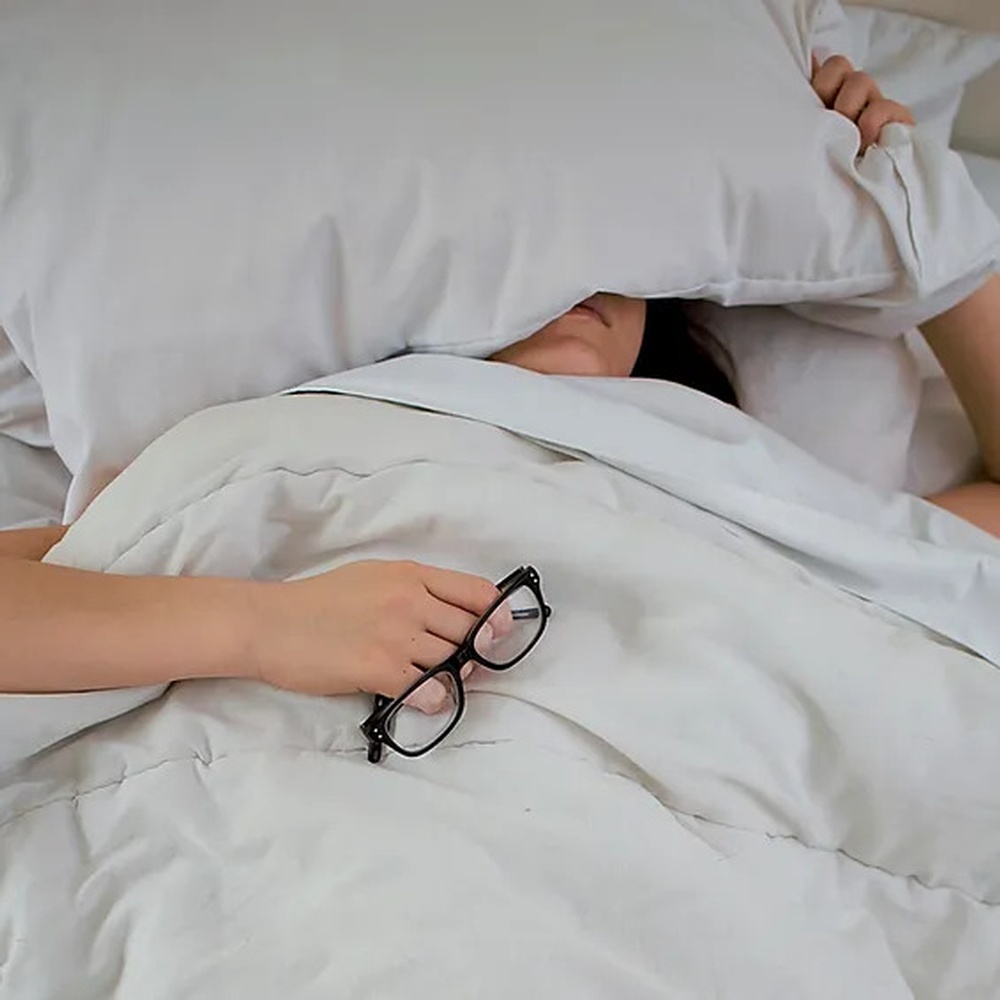
How to Recover From Sleep Deprivation
- Student Coaching Services
Categories: academic coaching , college life , healthy balance , healthy living
Minimum Amount of Sleep
You may have heard that everyone is supposed to get 8 hours of sleep a night. This is somewhat true—the CDC recommends 8 to 10 hours each night for those ranging from ages 13 to 18, and 7 or more hours for those between 18 and 60. But with homework, projects, and exams, a full 8 hours of sleep is not always possible. So, what’s the best way to recover from the nights of sleep deprivation, and get back on a healthy sleep schedule?
Consequences of a Lack of Sleep
It’s better not to stay up late at all, even if it can seem unavoidable at times. Although you might think that your body is doing nothing during a rest period, it’s actually quite active during its slumber. Sleeping allows for mental and physical developments to occur and helps the body fight off disease and illness (this is why you’re supposed to sleep more when you’re sick). Additionally, the fatigue that comes along with exhaustion in the following day slows responses and lowers the ability to properly think. After just one full 24 hours without sleep, neurons in certain regions of the brain will be shut down. It will be harder to function normally and you might get fatigue, short-term memory loss, difficult concentrating, reduced coordination, and more.
Recovery
Despite the warnings, long nights are nearly unavoidable for most students, especially those in college. So, if you get less than 8 hours of sleep, how can you best help your body? First, despite what you might want to do, it is not advised to sleep past the usual time of waking, but rather go to sleep early, which would help to set a daily schedule once again. Sleep slightly more than usual, perhaps fifteen minutes to half an hour more than the recommended amount, so that the average sleep levels stay roughly the same. All of this is aimed at keeping a consistent sleep schedule, which helps with sleep in the long run. You can also take a daytime nap (shorter than 30 minutes) to help get rid of exhaustion pains.
